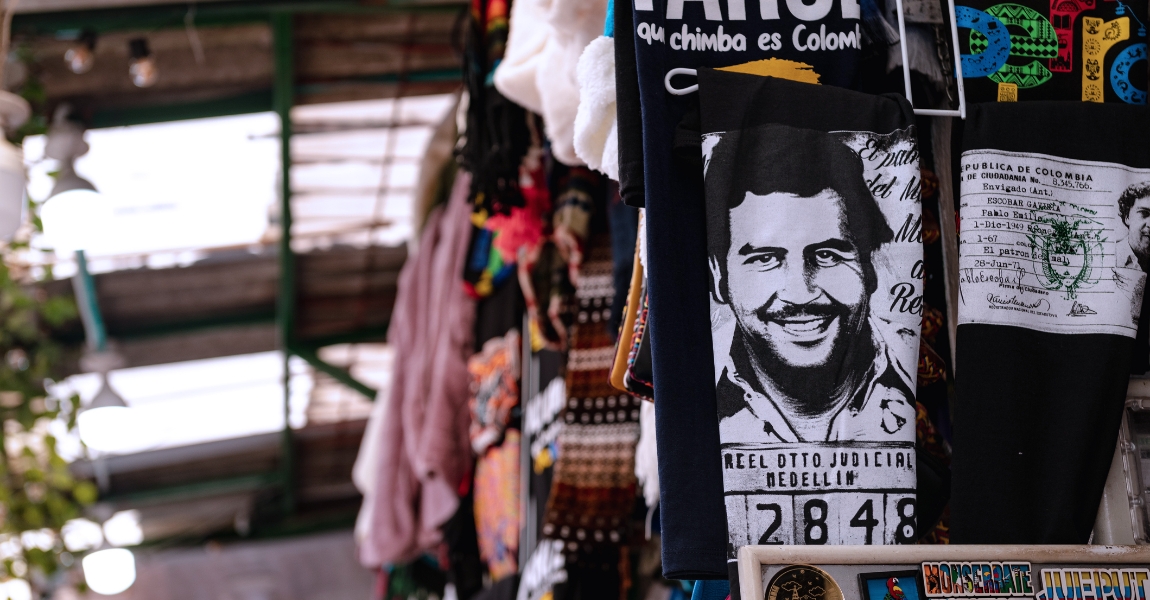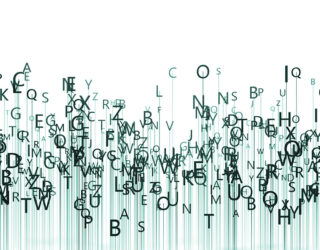A recent judgment of the General Court of the European Union sheds light on the interpretation and application of the concepts of public policy and morality resulting from a trademark application for “Pablo Escobar”
In the annals of criminal history few names are as conspicuous and compelling as that of Pablo Escobar, the infamous Colombian drug dealer who defied the State and built up a criminal empire unprecedented in our era. However, decades after his death, the legacy of Escobar continues to create controversy, this time from an unexpected source, namely the European courts
The case arose from a European Union Trademark application for the word mark Pablo Escobar” filed by the Puerto Rican company Escobar Inc. to cover a wide range of goods and services. The EUIPO rejected this application based on article 7, 1, f) of Regulation 2017/1001 on the European Union Trademark, on the grounds that the name was associated with criminal activities relating to drug trafficking and narco-terrorism which rendered it contrary to public policy and accepted principles of morality.
This precept of the regulation is designed to strike a balance between a trader’s right to register trademarks and the public’s right not to be affected by offensive or threatening marks. This objection was based on objective criteria and takes into account not just the principles and values of the EU common to its Member States such as human dignity, freedom, equality and solidarity, but also the specific circumstances of each country.
In its decision, the Fifth Appeals Chamber of the EUIPO decided that there were grounds for refusal pursuant to this article, having considered that the Spanish public would have a deeper knowledge of the Colombian citizen known as “Pablo Escobar” given the historic links between Spain and Colombia.
Nonetheless, since the regulation fails to clearly define the concept of “public policy” the claimant made reference to case law that provides some guidelines for interpretation. In this regard, any analysis of the trademark that allegedly contravenes public policy or moral principles should take into account the perception of the pertinent public in the European Union, in a substantial part of it, or in a member state. At the same time it is also necessary to take into account the perception of the majority of this public at the time of the examination, and the precept should be applied in a prudent and restrictive manner.
With this line of argument, the claimant challenged the decision of the Court, claiming their right to use the name Pablo Escobar in a commercial context. They argued that the Appeals Chamber had incorrectly applied the aforementioned article as it had failed to take into account the perception of the majority of the public in the European Union, and ignored the historic and cultural context, in which Pablo Escobar is generally considered as a figure who transcends the negative connotations of his criminal past.
Furthermore, the claimant held that the Appeals Chamber had not sufficiently considered the presumption of innocence enshrined in article 48 of the Charter of Fundamental Rights of the European Union.
Following a close examination of the arguments submitted by the parties, the European General Court reached a number of conclusions. Firstly, it confirmed that article 7.1.f) of Regulation 2017/1001 should be interpreted in a cautious and stringent manner, when considering whether or not a mark was really perceived as incompatible with the fundamental values and moral codes of society. In this regard, it indicated that the pertinent public’s perception is not restricted solely to the target public for the goods and services, but also includes others who may come across the mark incidentally in their daily lives.
In addition, the General Court held that determination of a ground for refusal in accordance with the aforementioned precept cannot depend exclusively on the perception of the majority of the pertinent public, nor can it depend on those parts of the public who failed to find anything offensive in it, or those who could be easily offended. Conversely, it should be based on the criterion of a “reasonable person with average sensitivity and thresholds of tolerance.”
Both the Appeals Chamber and the General Court coincided in their view that the association of the name Pablo Escobar with drug trafficking and narco terrorism prevailed over any possible positive connotation it might have, and therefore the trademark application would appear contrary to fundamental values and moral conduct in Spanish society.
As to the claimant’s argument regarding the presumption of innocence, the General Court determined that the Appeals Chamber had fulfilled the requirement to consider this fundamental right. As such, the General Court concluded that the EUIPO decision was based on objective proof relating to the public perception of the name “Pablo Escobar” and his association with criminal activities, without making any attempt to establish the criminal liability of the individual in question.
This case recalls other controversial examples of how European case law decided that public policy and principles of morality had been contravened in relation to trademark applications, one in particular being the case of “LA MAFIA SE SIENTA A LA MESA”, – “THE MAFIA SITS AT THE TABLE” – which is accepted in Spain, but not in the EU as it is deemed to be contrary to Italian public policy. These cases highlight the complex task of determining whether or not a mark offends public policy and moral principles, as an extensive range of legal and social orders need to be considered when doing so. In this regard, the EUIPN (European Union Intellectual Property Network) has published a guide which serves as a frame of reference for the various industrial property firms tasked with dealing with these issues.
Without prejudice to filing a possible cassation appeal restricted to questions of law before the Court of Justice of the European Union, the General Court’s judgment in case T-255/23 not only sheds light on the interpretation and application of the concepts of public policy and principles of morality, but it also invites a deeper reflection on the symbolic power that trademarks hold within our social fabric.






